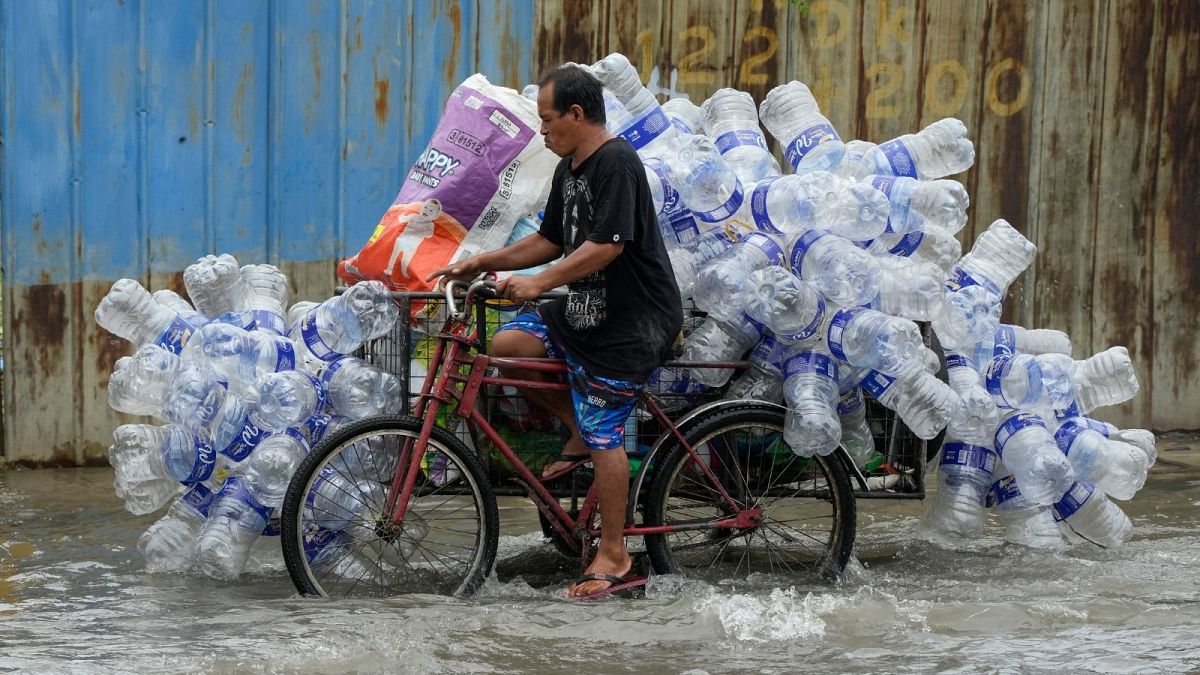

In a world striving for a sustainable future, various regions are making concerted efforts to balance environmental well-being with societal progress. Recent developments across the globe highlight the diverse approaches and challenges faced in this pursuit of equilibrium. Let us explore some of these noteworthy endeavors and the complexities associated with them.
As the international community gathers in Geneva to discuss a potential global plastics treaty, the urgency of these talks underscores a critical juncture for global environmental policy. Advocates emphasize the importance of excluding industry lobbyists to foster a treaty that effectively addresses the chronic issue of plastic pollution. This dialogue represents a beacon of hope for a planet grappling with the pervasive impact of plastic waste on ecosystems. With collaborative efforts at the forefront, there is optimism that decisive action can lead to a healthier, more sustainable planet.
Meanwhile, in Kazakhstan, the community of Katon Karagay stands at a crossroads. This serene region, distinguished by its natural beauty, faces the challenge of integrating ecotourism with the preservation of its intrinsic tranquility. As education and tourism open new avenues for economic progress, residents consider the balance between modernization and maintaining the cultural and environmental integrity of their homeland. The choices made here could set a precedent for how similar regions worldwide navigate the fine line between progress and preservation.
In southern Europe, Portugal has declared a high-alert due to soaring temperatures and an increased risk of wildfires. This alert, spanning several days, reflects a proactive measure to safeguard communities and resources from the potential devastation of natural disasters. With the backdrop of escalating climate change impacts, such precautionary steps are crucial in minimizing harm while adapting to new environmental realities.
Addressing climate change head-on, the Biscay region in Spain exemplifies innovation through adaptation. Efforts in Bilbao are transforming the city’s infrastructure to withstand climate-induced challenges more resiliently. From storm-proofed electrical grids to an electrified port, Biscay demonstrates how modern technology can synergize with nature to create urban environments better suited to future uncertainties. This adaptive approach serves as a model for cities worldwide facing similar climate threats.
Across the Atlantic coast of France, beaches have been closed following sightings of the venomous Portuguese man o’war. While these marine creatures are not uncommon, their increased presence poses a direct threat to public safety, necessitating beach closures. This situation highlights the delicate interplay between natural ecosystems and human leisure activities, reminding us of the importance of respecting and understanding wildlife in shared spaces.
In northern Europe, countries unaccustomed to heatwaves—such as those in the Nordic region—are experiencing “truly unprecedented” temperatures. With records indicating prolonged heat above 30 degrees Celsius, this phenomenon serves as a stark reminder of the realities of a changing climate. While northern regions historically enjoy milder temperatures, the current conditions necessitate adaptive strategies to safeguard public health and infrastructure.
Together, these experiences from around the world illustrate a collaborative global narrative. Whether through international treaties, local community efforts, or innovative adaptation strategies, humanity is collectively embracing the challenges of environmental change. As these efforts continue, they offer hope and guidance for a future where environmental sustainability and societal prosperity go hand in hand.
Source: {link}
